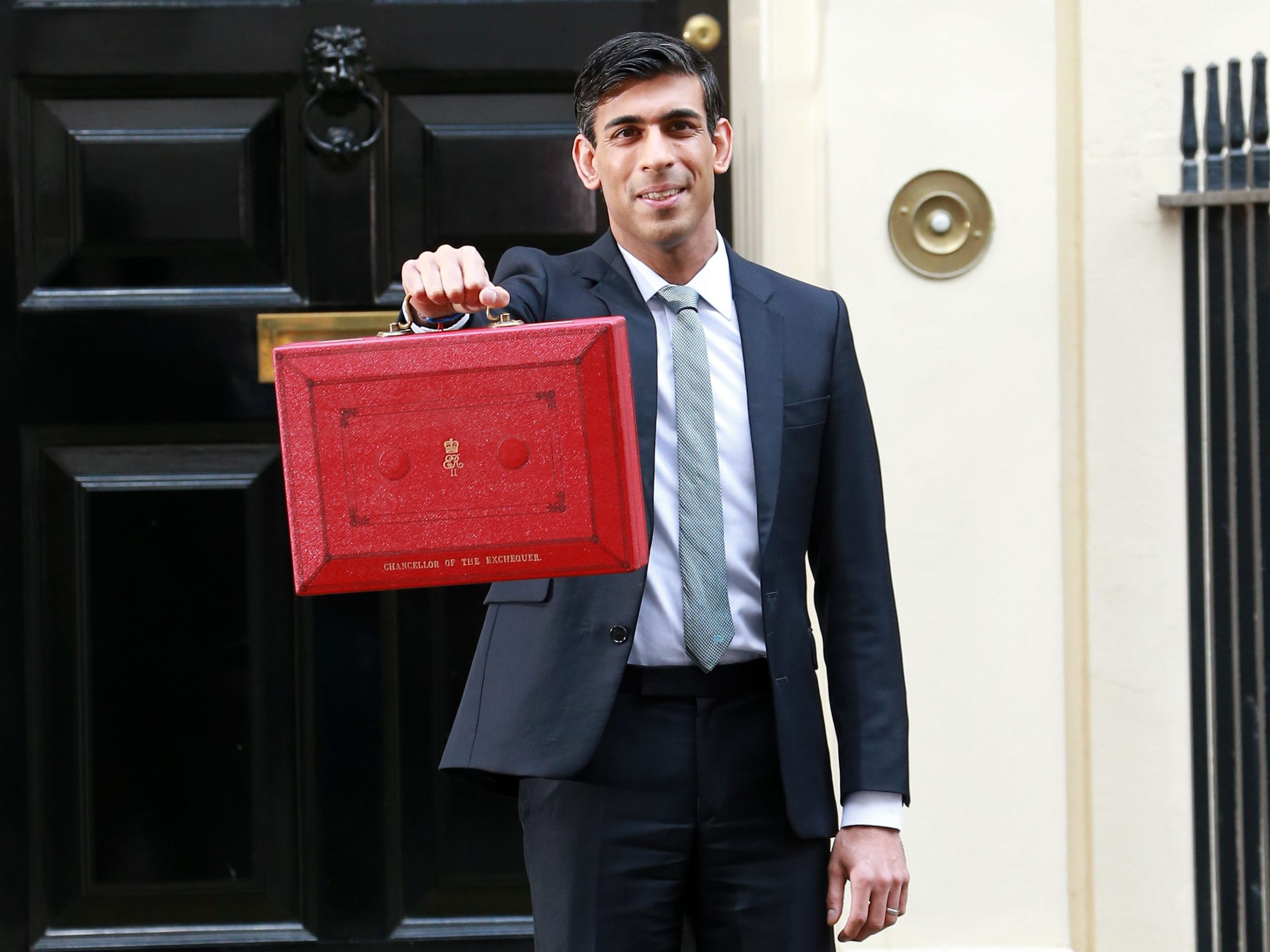
We need new solutions for sustainable recovery: Innovation Unit response to 2021 Budget
news | 03 Mar 2021
Plans for sustainable recovery in the budget are welcome but the government still doesn’t seem to understand what it will really take to improve people’s lives.
The Chancellor’s Budget today was understandably focused on national economic survival in the short term and sustainable recovery in the longer term. These are welcome, non-negotiables for a country emerging from crisis.
But for a government ostensibly focused on ‘levelling up’ there was little evidence of deepening investment or understanding of what it will really take to improve the lives and life chances of people in places that have had a raw deal over decades.
Evidence gathered over many years about the success or otherwise of place-based transformation points to the need for change to be grounded in a locally owned vision that encompasses all aspects of life – from health and education and a secure home to meaningful work and successful relationships.
This government’s actions have been all about physical infrastructure and economic growth. It’s not enough.
This change is unbelievably hard, and evolves as we learn over 10 years or more. There are scant examples of successful, long-term, place-based transformation that really works for the people who already live there – rather than the people who move in after change has happened.
If the government is serious about ‘levelling up’ or seriously transforming places with and for the people who live there, it should be investing in much more ambitious and holistic innovation in places and in loud, transparent learning about what emerges. As we said in November last year, 10% of the £4.8bn levelling up fund should be dedicated to innovation.
We need new solutions, not partial, old ones. Trains, roads and enterprise are important – and they are far from being the whole story. Emerging from covid gives us a once in a generation opportunity to design forward differently. Let’s seize it, as a broad coalition that wants to learn what it really takes to transform places, rather than being stuck in the inadequate models of the past.